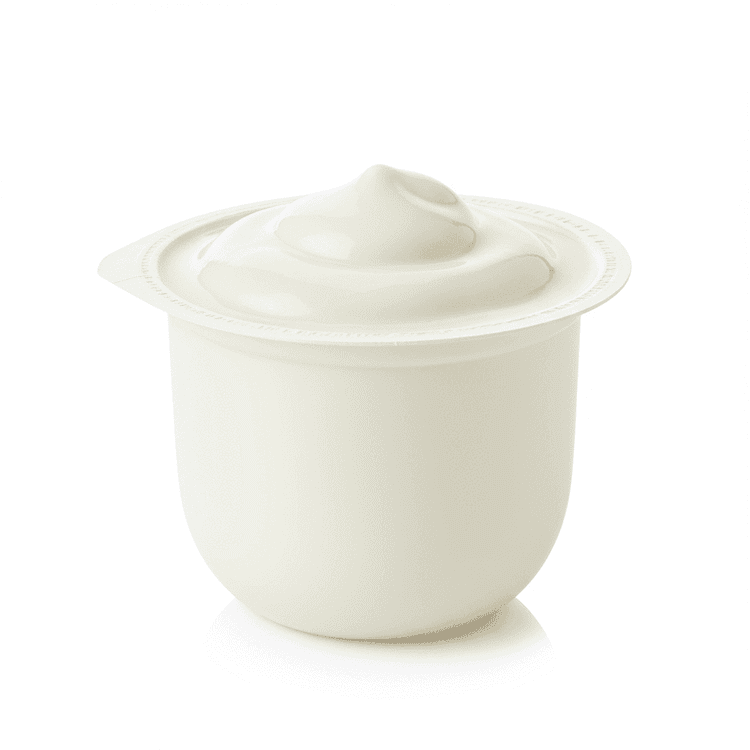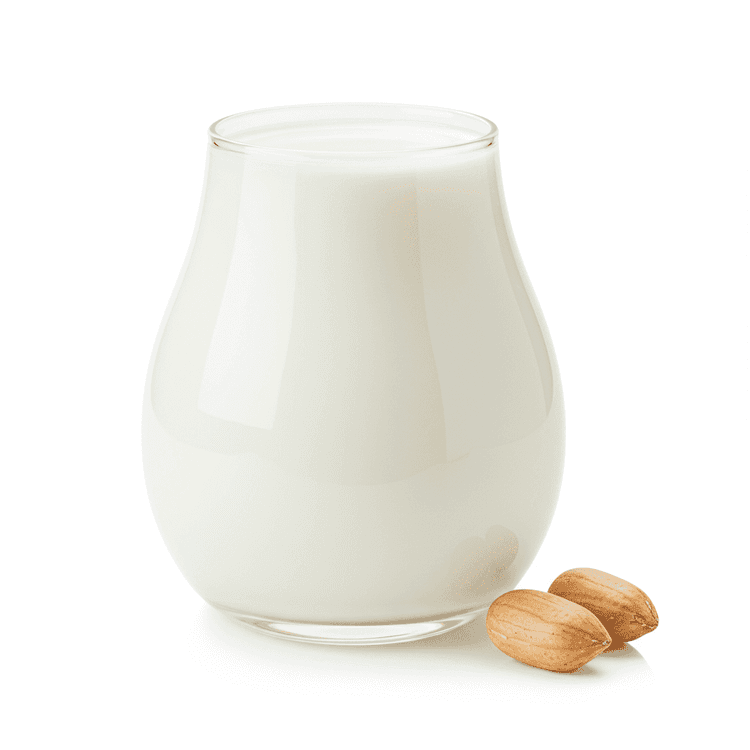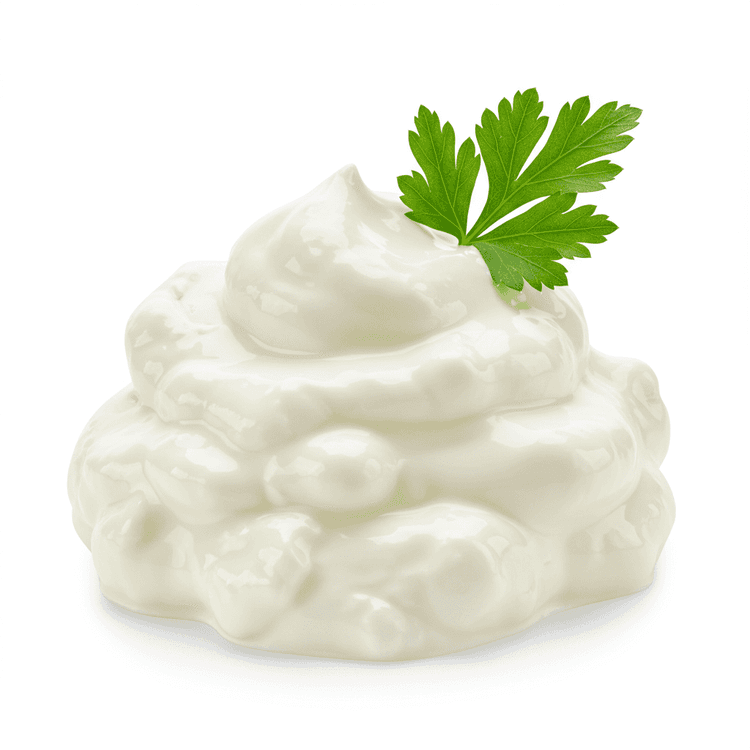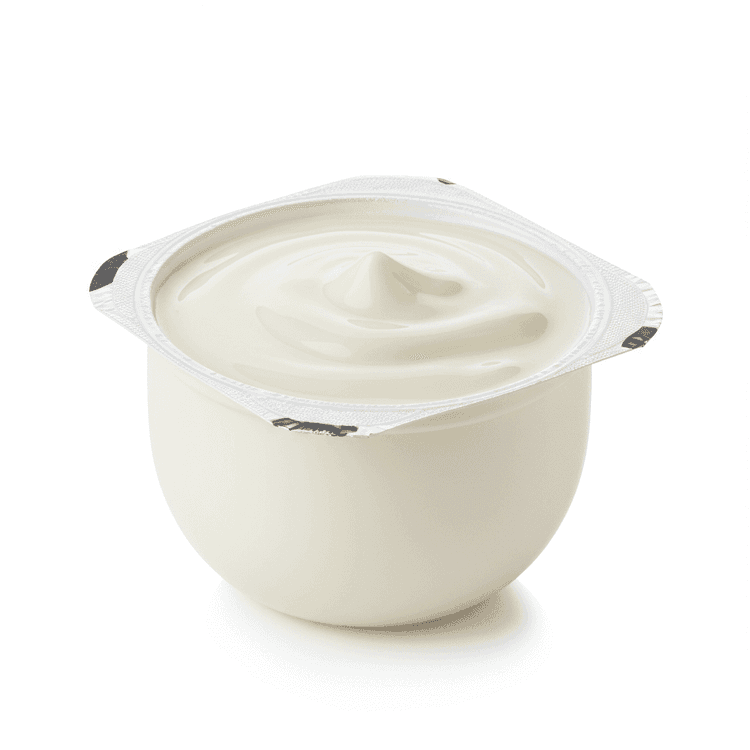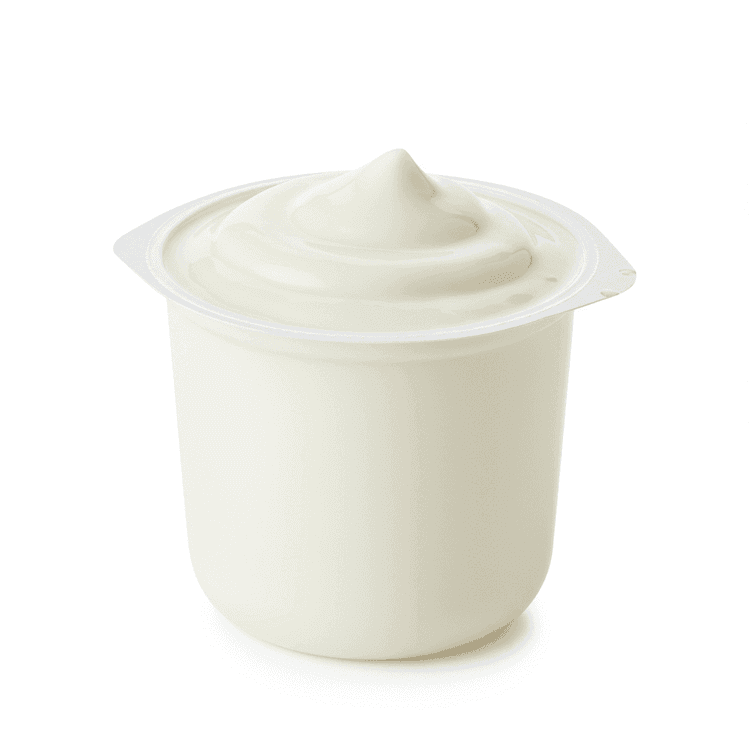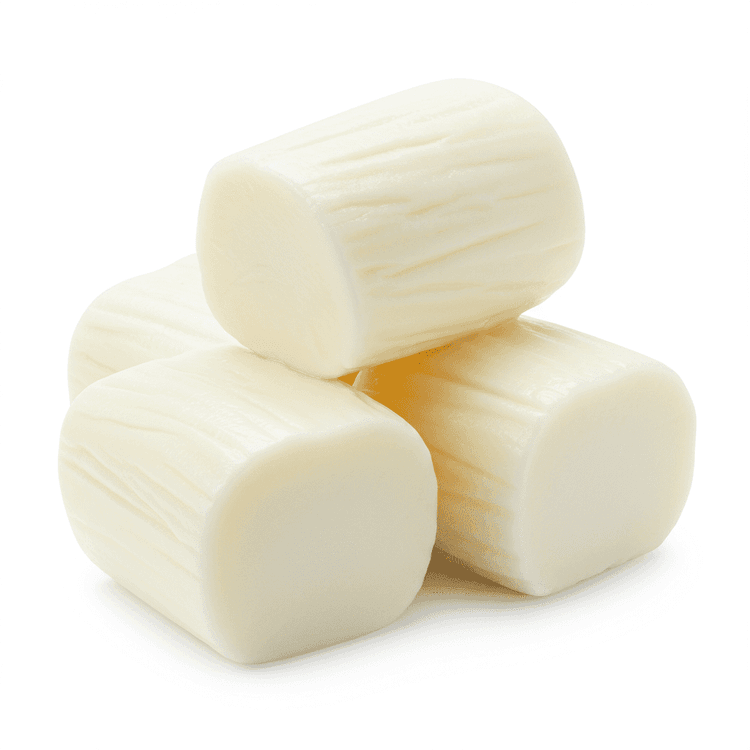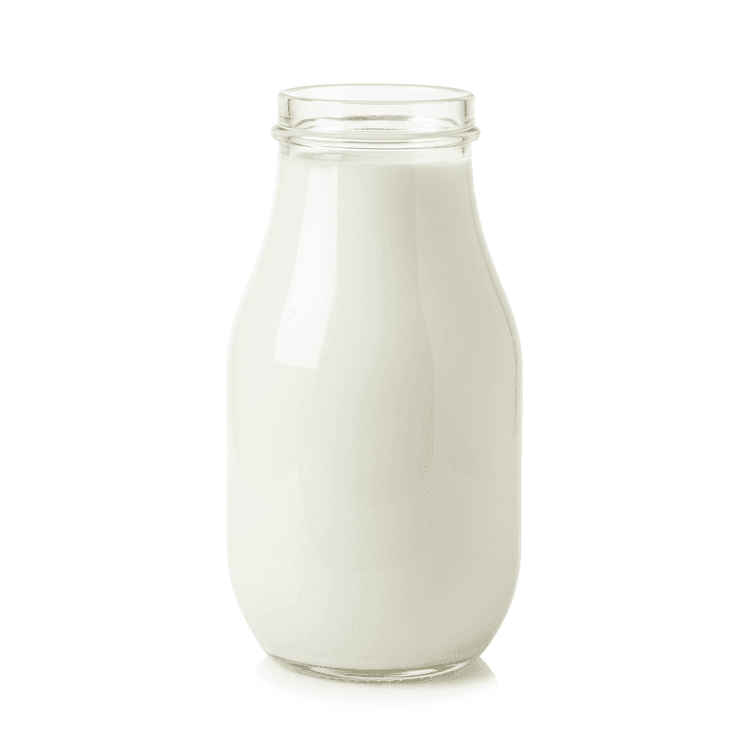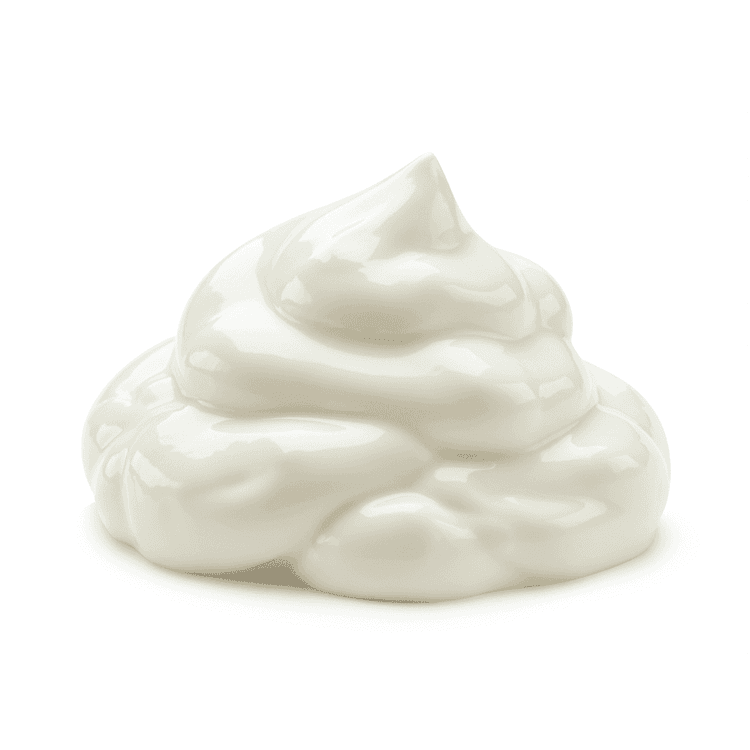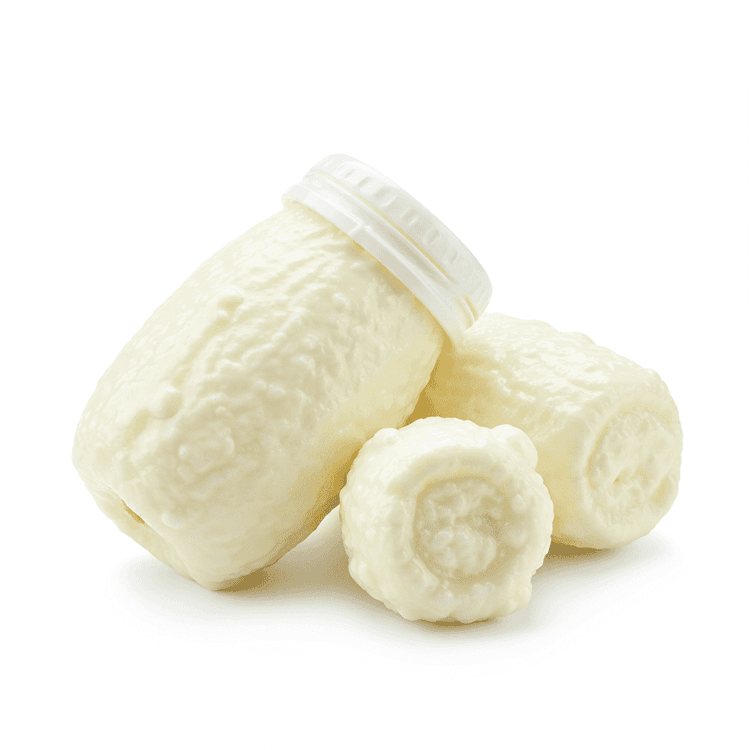
Kefir
Kefir is a fermented milk drink, similar to yogurt, but with a thinner consistency and a more tart, slightly effervescent flavor. Made using kefir grains – a specific type of mesophilic symbiotic culture of bacteria and yeasts – it boasts a creamy texture. Kefir is available in various forms, from plain to flavored, offering a naturally probiotic-rich option for supporting gut health and overall well-being. Its appearance is typically white or off-white, resembling thin yogurt or buttermilk.
Common Uses
- Enjoy kefir straight as a healthy and refreshing beverage. Its tangy flavor makes it a good alternative to milk or juice, especially when looking for probiotic benefits.
- Use kefir as a base for smoothies, blending it with fruits, vegetables, and other ingredients. Kefir's creamy texture adds body and a subtle tang to smoothies.
- Incorporate kefir into salad dressings for a creamy and tangy twist. It can be used as a base or combined with other ingredients like herbs, spices, and lemon juice to create flavorful dressings.
- Substitute kefir for buttermilk or yogurt in baking recipes like pancakes, muffins, and cakes. Kefir adds moisture and a slight tang that enhances the flavor and texture of baked goods.
- Marinate meats and poultry in kefir to tenderize them and add flavor. The lactic acid in kefir helps break down proteins, resulting in more tender and flavorful cooked dishes.
- Create frozen kefir treats by blending kefir with fruit and freezing it in popsicle molds or an ice cream maker. Frozen kefir is a healthy and refreshing alternative to traditional ice cream.
Nutrition (per serving)
Nutrition (per serving)
Calories
104.0kcal (5.2%)
Protein
8.0g (16%)
Carbs
12.0g (4.36%)
Sugars
12.0g (24%)
Healthy Fat
0.6g
Unhealthy Fat
1.5g
% Daily Value based on a 2000 calorie diet
Nutrition (per serving)
Calories
104.0kcal (5.2%)
Protein
8.0g (16%)
Carbs
12.0g (4.36%)
Sugars
12.0g (24%)
Healthy Fat
0.6g
Unhealthy Fat
1.5g
% Daily Value based on a 2000 calorie diet
Health Benefits
- Supports gut health and digestion with probiotics
- Boosts the immune system by introducing beneficial bacteria
- Improves bone density and reduces the risk of osteoporosis through calcium and vitamin K2
- May improve lactose digestion for those with lactose intolerance
- Provides a good source of protein for muscle building and repair
- Can have anti-inflammatory effects and promote overall wellness
Substitutes
Chefadora AI is here.
Experience smarter, stress-free cooking.
Storage Tips
Kefir should always be stored in the refrigerator to maintain its freshness and probiotic activity. Once opened, consume within 7-10 days for the best quality and flavor. Unopened kefir can be stored in the refrigerator until the expiration date on the container. Do not freeze kefir as this can damage the probiotic cultures and alter the texture.
Marnirni-apinthi Building, Lot Fourteen,
North Terrace, Adelaide, South Australia, 5000
Australia
